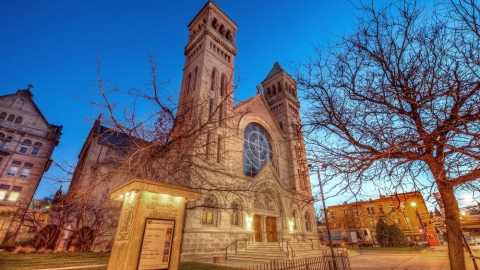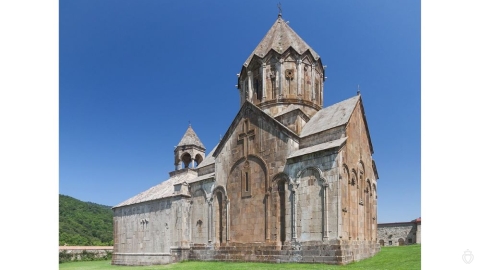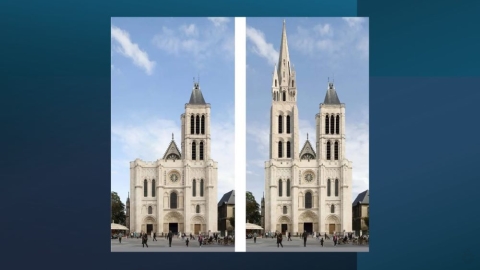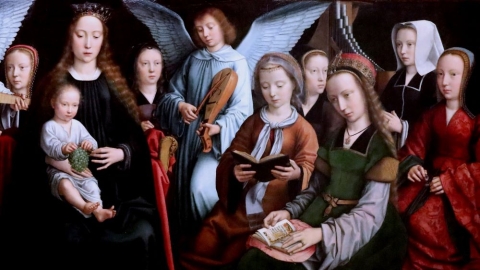Feast of the Apostles Peter and Paul

It is a sacred day, on which the oblation of the first of Pontiffs assures to the West the rights of Supreme Priesthood. It is a day of triumph, in which the effusion of generous life-blood wins for God the conquest of the Roman soil, in which upon the cross of his representative, the Divine Spouse concludes his eternal alliance with the queen of nations.
Love is the sign which distinguishes this age of the new dispensation from the law of servitude. Powerless, sunk in cringing fear, the Jewish priest could but sprinkle with the blood of victims substituted for himself, the horns of the figurative altar. At once both Priest and Victim, Jesus expects more of those whom he calls to a participation of the sacred prerogative which makes him pontiff, and that for ever according to the order of Melchisedech.
Now, in the case of a Priest admitted thus into partnership with the Eternal Pontiff, love is not complete, save when it extends itself to the whole of mankind ransomed by the great Sacrifice. And, mark it well : this entails upon him, more than the obligation common to all Christians, of loving one another as fellow members of one Head ; for, by his Priesthood, he forms part of that Head, and by this very title, charity should assume, in him, something in depth and character of the love which this divine Head bears towards his members.
When regenerated man was confided to Simon, son of John, by the Incarnate God, His chief care was, in the first place, to make sure that he would indeed be the Vicar of His love ; that, having received more than the rest, he would love more than all of them; that being the inheritor of the love of Jesus for His own who were in the world, he would love, as He had done, even to the end.
For this very reason, the establishing of Peter upon the summit of the hierarchy coincides in the Gospel narrative with the announcement of his martyrdom; Pontiff-king, he must needs follow even unto the cross, his Supreme Hierarch.
Such being then the meaning of this day, it is not surprising that Eternal Wisdom should have willed to enhance it still further, by joining the sacrifice of Paul to that of Peter. More than any other, Paul advanced by his preachings the building up of the body of Christ.
If on this day, holy Church has attained such full development as to be able to offer herself, in the person of her visible Head, as a sweet smelling sacrifice, who better than Paul may deservedly perfect the oblation, furnishing from his own veins the sacred libation? The Bride having attained fulness of age, his own work is likewise ended.
Inseparable from Peter in his labors by faith and love, he will accompany him also in death; both quit this earth, leaving her to the gladness of the divine nuptials sealed in their blood, whilst they ascend together to that eternal abode wherein that union is consummated.
(Source : Dom Guéranger – FSSPX.Actualités)
Illustration 1 : Photo 141047611 © Richard Mcguirk | Dreamstime.com
Illustration 2 : Photo 28984863 © MichaÅ‚ Piec | Dreamstime.com





